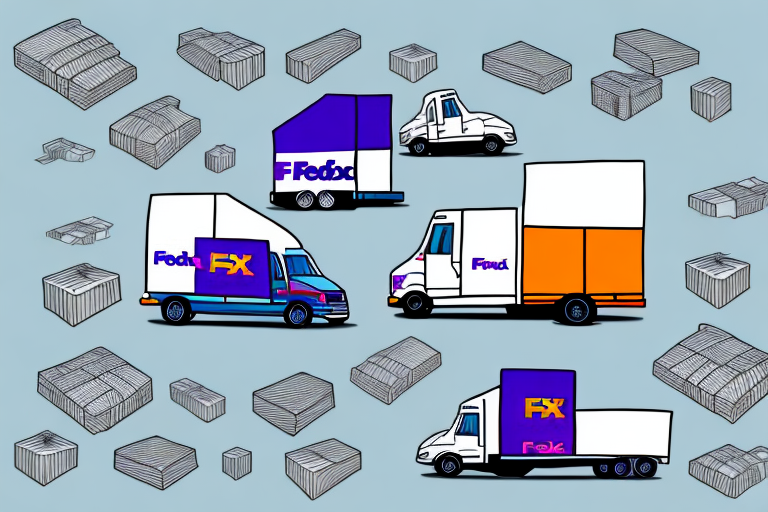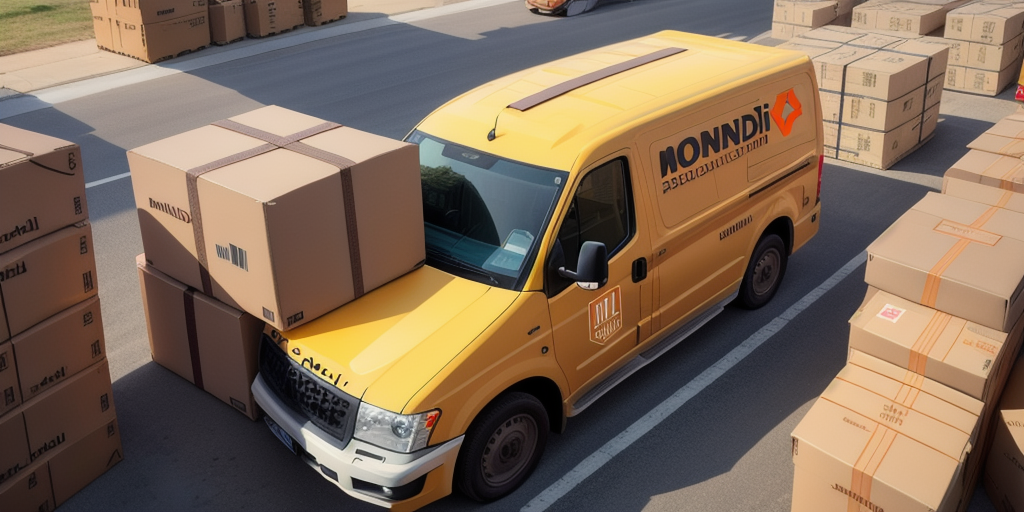Introduction to FedEx
FedEx is a global leader in courier and logistics services, renowned for its innovative approach and extensive reach. Founded in 1971 by Fred Smith, the company has grown from a small U.S.-based delivery service to a multinational corporation operating in over 220 countries and territories. FedEx offers a comprehensive range of services including shipping, freight, and e-commerce solutions, employing thousands of workers worldwide.
History and Growth of FedEx
Founding and Early Innovations
FedEx revolutionized the shipping industry by introducing the concept of air delivery in the early 1970s. This innovation enabled faster and more efficient shipping services, setting FedEx apart from its competitors. In 1973, the company launched its first overnight delivery service, ensuring packages could be delivered anywhere in the United States within 24 hours. This service was pivotal in establishing FedEx as a leader in the courier industry.
Expansion and Strategic Acquisitions
Over the decades, FedEx has expanded its global footprint through strategic acquisitions and partnerships. Notably, the acquisition of Kinko's in 2004 diversified FedEx's service offerings, while the purchase of TNT Express in 2016 significantly enhanced its presence in the European market. These acquisitions have allowed FedEx to offer a more comprehensive range of services and strengthen its position in the global logistics sector.
Business Model and Innovations
Adaptation to E-Commerce
With the rise of e-commerce, FedEx has strategically ramped up its capabilities to meet the growing demand for online shopping deliveries. According to the Statista report, global e-commerce sales reached $4.9 trillion in 2021, a trend that is expected to continue growing. FedEx has leveraged this trend by enhancing its last-mile delivery services and partnering with major online retailers to provide efficient and reliable shipping solutions.
Sustainability Initiatives
FedEx is committed to sustainability, aiming to achieve carbon-neutral operations by 2040. The company is investing in alternative fuel vehicles, electric delivery vans, and optimizing delivery routes to reduce emissions. Additionally, FedEx has implemented eco-friendly packaging solutions and collaborates with organizations like the Environmental Defense Fund to develop sustainable transportation practices.
Technological Advancements
FedEx continues to innovate by integrating advanced technologies into its operations. The company is exploring the use of autonomous delivery vehicles and drones to enhance delivery efficiency. Furthermore, FedEx utilizes blockchain technology to improve supply chain transparency and security, ensuring accurate and real-time tracking of shipments. These technological advancements position FedEx at the forefront of the logistics industry.
Financial Performance
Recent Financial Results
In the fiscal year 2023, FedEx reported revenues exceeding $85 billion, with a net income of approximately $5 billion. This growth reflects the company's ability to adapt to market changes and capitalize on emerging opportunities in the logistics sector. The robust financial performance is also a testament to FedEx's strategic investments in technology and sustainability.
Investment in Innovation
FedEx's commitment to innovation is evident in its continued investment in technology and infrastructure. The company has allocated significant resources towards developing its SenseAware platform, which offers real-time tracking and monitoring of packages. Additionally, FedEx is investing in data analytics to optimize its supply chain operations, reduce costs, and enhance overall efficiency.
Impact of COVID-19 on Operations
Operational Adjustments
The COVID-19 pandemic posed significant challenges to global logistics, but FedEx effectively adapted by implementing stringent safety measures and expanding its delivery capacity. According to Forbes, FedEx saw a surge in demand for shipping services as e-commerce boomed during the pandemic, offsetting disruptions in supply chains.
Introduction of Contactless Delivery
To ensure the safety of both employees and customers, FedEx introduced contactless delivery options. This initiative allowed customers to receive packages without direct contact with delivery personnel, reducing the risk of virus transmission. Additionally, FedEx enhanced its tracking and notification systems to provide real-time updates and improve the overall customer experience.
Competitive Landscape
Major Competitors
FedEx operates in a highly competitive industry, facing major rivals such as United Parcel Service (UPS), DHL, and Amazon Logistics. Each competitor brings unique strengths, but FedEx distinguishes itself through its comprehensive service offerings and strong global presence.
Competitive Advantages
FedEx's competitive advantages include its robust global network, advanced tracking technologies, and commitment to sustainability. The company's investment in innovative solutions like autonomous delivery vehicles and blockchain technology further strengthens its market position. Additionally, FedEx's strategic partnerships with major retailers enhance its last-mile delivery capabilities, making it a preferred choice for businesses and consumers alike.
Future Outlook
Opportunities
FedEx is well-positioned to capitalize on the continued growth of e-commerce and expanding global trade. Emerging markets present significant opportunities for expansion, while advancements in technology offer avenues for enhancing operational efficiency and customer service.
Challenges
Despite its strong position, FedEx faces challenges such as regulatory scrutiny over labor practices and increasing competition from tech-driven disruptors like Amazon. Additionally, global economic uncertainties and fluctuating fuel prices pose potential risks to profitability. To navigate these challenges, FedEx must continue to innovate and adapt its strategies to changing market dynamics.
Leadership and Corporate Responsibility
Strong Leadership
FedEx's success is driven by its strong leadership team, led by CEO Raj Subramaniam. The company's leadership focuses on strategic growth, innovation, and maintaining a customer-centric approach. Under their guidance, FedEx continues to pursue initiatives that drive long-term sustainability and operational excellence.
Corporate Responsibility
FedEx is dedicated to corporate responsibility, emphasizing ethical business practices, community engagement, and environmental stewardship. The company's initiatives include disaster relief efforts, educational programs, and partnerships with non-profit organizations to support various social causes. FedEx's commitment to corporate responsibility enhances its reputation and fosters trust among stakeholders.
Conclusion
FedEx remains a formidable player in the global logistics and courier industry, thanks to its innovative business model, strategic expansions, and unwavering commitment to sustainability. While the company navigates challenges such as intense competition and regulatory hurdles, its focus on technology and customer satisfaction positions it for continued growth and success in the evolving market landscape.




















